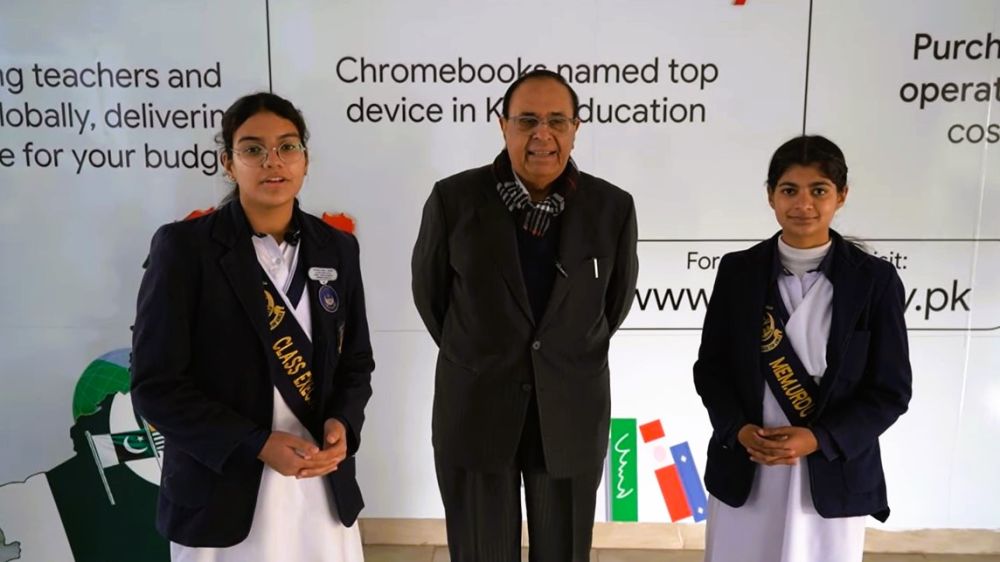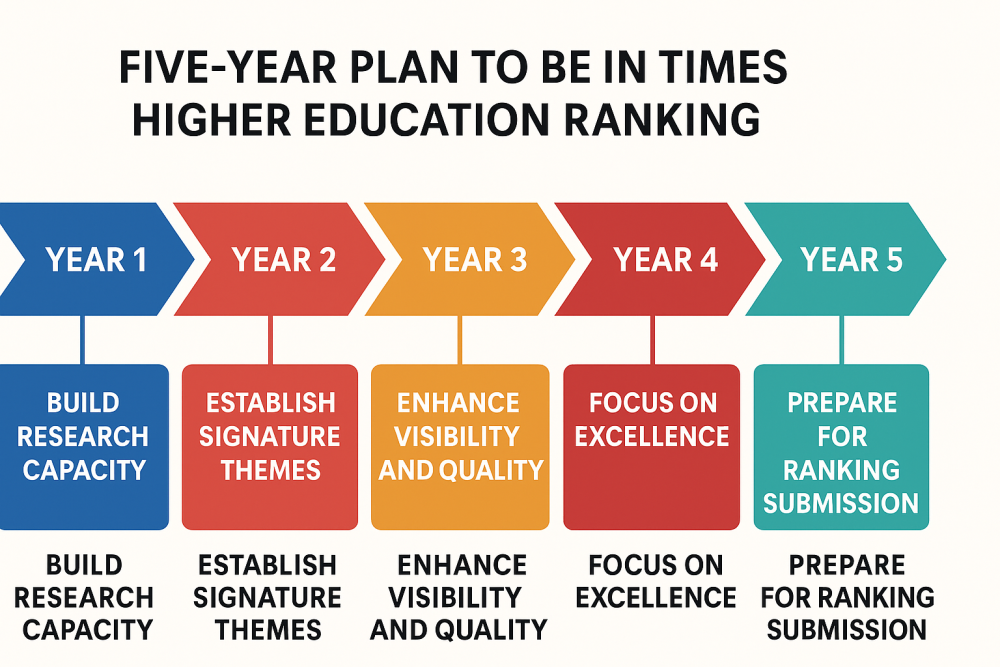Building a Nation of Values: A Federal Push for Character Education
Posted 1 year ago
Supported by the Ministry of Federal Education and Professional Training, a coalition of educators and policymakers convened to chart the future of Pakistan's Character Education Initiative. This meeting was presided over by Federal Secretary Muhyuddin Ahmad Wani and brought together key figures, including Chairman of the National Rahmatul lil Aalameen Wa Khatamun Nabiyyin Authority (NRKNA), Khurshid Nadeem, a key player in promoting Islamic values in education; Chairman of the Character Education Foundation (CEF), Mahmood Ahmad, a leading advocate for character education; and senior officials from the Federal Directorate of Education (FDE) and Inter Board Committee of Chairmen (IBCC).
The initiative launched in Islamabad seeks to inculcate foundational virtues such as civic responsibility, honesty, fairness, and patience in the nation's classrooms. Its ambitions are sweeping: embedding character education into school curricula while fostering a culture of ethical behavior across educational institutions.
During the meeting, Suhail Bin Aziz, Director of NRKNA, presented an overview of the program's progress. The effort has yielded tangible outputs, including 15 thematic booklets covering topics such as civic responsibility, honesty, fairness, and patience, and nine animated videos designed for teacher training, which illustrate real-life scenarios and best practices. Workshops with educators and students have further amplified its reach. Plans to digitize these resources promise even greater accessibility.
Ms. Riffat Jabeen, Director of FDE, detailed the measures to integrate character education into schools. Guidelines tailored to each institution aim to ensure these principles are not abstract but lived realities for students. She underscored the transformative potential of these steps, framing them as essential for nurturing well-rounded individuals and instilling a sense of hope about the initiative's impact.
Federal Secretary Mohyuddin Ahmad Wani directed schools to dedicate zero hours outside regular academic instruction to interactive activities emphasizing moral values. This time is specifically set aside to engage students in discussions, role plays, and other activities that promote the understanding and practice of moral values. He also called for on-ground monitoring to evaluate the program's impact and fine-tune its implementation.
Mr. Mahmood Ahmad emphasized the importance of aligning parenting practices with educational efforts. At the same time, Dr. Nadeem highlighted the synergy between the NRKNA's mandate and the program's goals with a clear vision of building a society rooted in integrity, fairness, and civic responsibility, one classroom at a time. This unity of purpose is inspiring and sets a strong foundation for the initiative's success.





